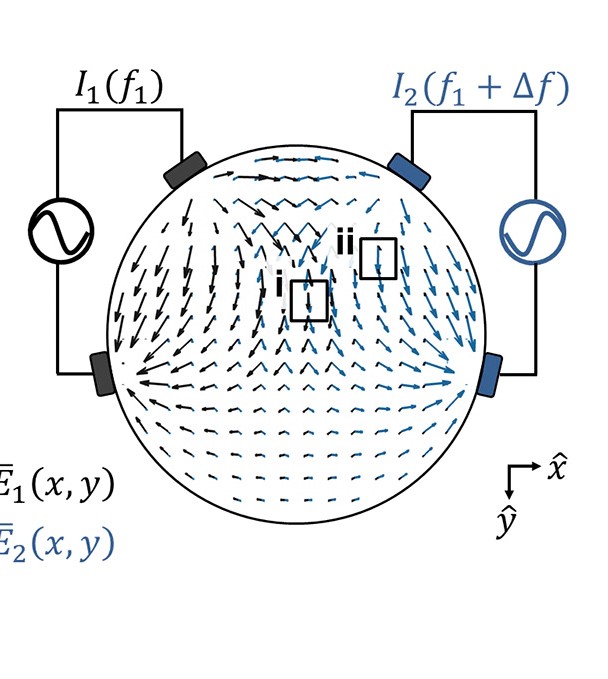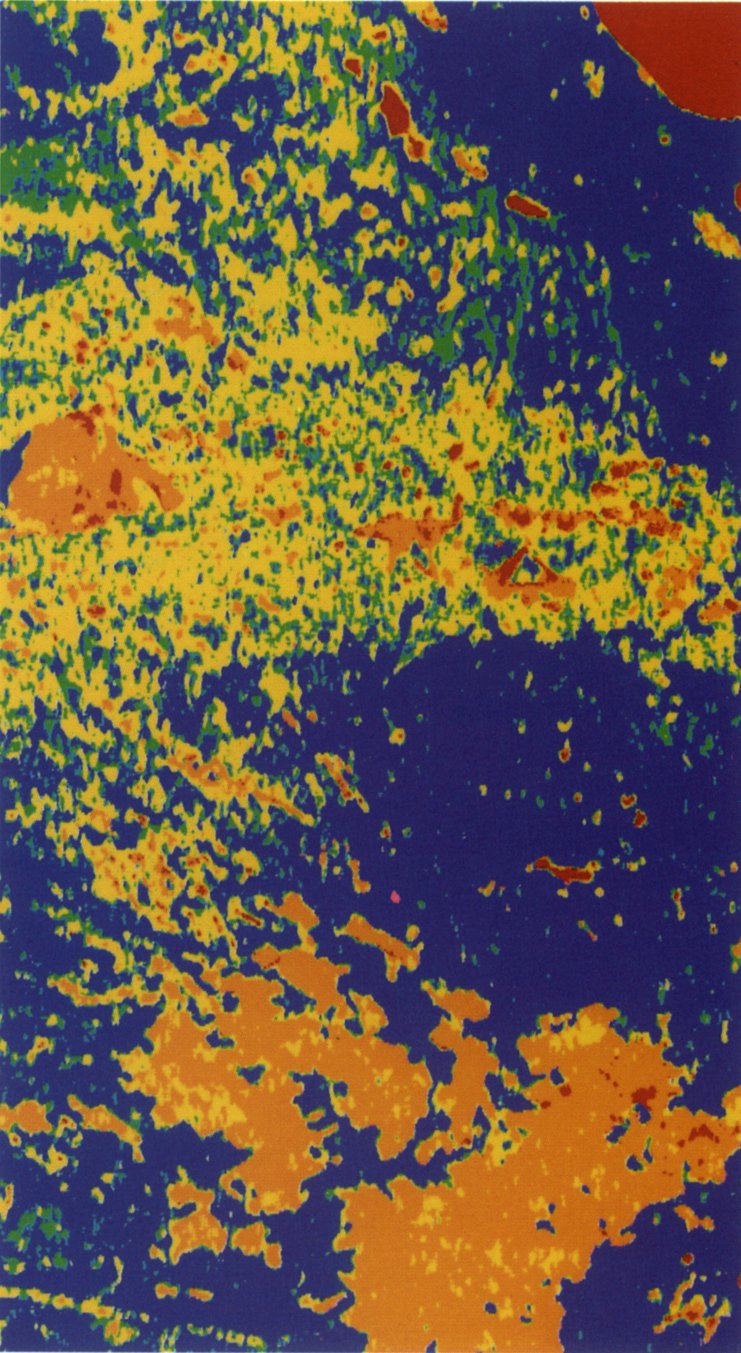Enhancing Soil Health: The Role of Magnesium-Modified Biochar

In a groundbreaking study published on June 12, 2025, in *Environmental Sciences Europe*, researchers from the Xishuangbanna Tropical Botanical Garden of the Chinese Academy of Sciences have demonstrated that magnesium-modified wheat straw biochar (Mg-WBC) can significantly enhance soil health across various soil types (Khan et al., 2025). This research is particularly pertinent given the increasing challenges of soil degradation and nutrient loss in agricultural systems.
The study's lead author, Dr. Khan Muhammad Numan, emphasized the importance of magnesium-modified biochar for improving phosphorus (P) availability in soils, stating, "Magnesium-modified biochar is a powerful tool for improving soil fertility, particularly P availability in its most plant-usable forms" (Khan, 2025). The research team assessed the impact of both unmodified wheat straw biochar (WBC) and Mg-WBC on phosphorus fractionation and biochemical properties in Qiyang and Harbin soils, utilizing control and varying dose treatment groups to evaluate the effects on soil chemical properties, enzyme activities, and microbial biomass.
Historically, biochar has been recognized for its potential in soil remediation, particularly in degraded areas. However, the specific enhancements offered by magnesium modification were previously underexplored. The findings of this study indicate that Mg-WBC not only increases the moderately labile phosphorus content but also reduces the non-labile phosphorus fraction, enhancing nutrient cycling and availability (Khan et al., 2025). This is particularly crucial for acidic soils, which often suffer from nutrient deficiencies that hinder agricultural productivity.
According to Dr. Sarah Johnson, an expert in soil science at Harvard University, the implications of this research extend beyond just agricultural yields; they touch on broader environmental sustainability issues. "By recycling agricultural waste such as wheat straw and utilizing it effectively in soil management practices, we can mitigate nutrient loss while fostering a circular economy in agriculture," Johnson stated (Johnson, 2023).
The study also aligns with global sustainability goals, as emphasized by the United Nations' Food and Agriculture Organization (FAO). The FAO has long advocated for strategies that promote sustainable agriculture and soil health, recognizing them as essential for food security and environmental conservation (FAO, 2023).
Furthermore, the researchers noted that to achieve the best soil improvement effects, appropriate biochar application strategies should be tailored according to specific soil conditions. This tailored approach is essential for maximizing the benefits of biochar in different agricultural contexts (Khan et al., 2025).
In conclusion, the introduction of magnesium-modified wheat straw biochar marks a significant advancement in soil remediation techniques, potentially revolutionizing agricultural practices. As the global community grapples with soil degradation and climate change, such innovative solutions are vital for enhancing soil health, promoting agricultural productivity, and ensuring sustainable environmental practices. Future research should focus on longitudinal studies to measure the long-term impacts of Mg-WBC on soil ecosystems and crop yields.
**References:** - Khan, M. N., et al. (2025). Impact of modified biochar on phosphorus fractionation and biochemical properties for different soils. *Environmental Sciences Europe*. DOI: 10.1186/s12302-025-01128-3. - Johnson, S. (2023). The Importance of Soil Health in Sustainable Agriculture. *Journal of Soil Science and Plant Nutrition*. - Food and Agriculture Organization (FAO). (2023). Sustainable Agriculture: A Pathway to Food Security. Retrieved from [FAO website].
Advertisement
Tags
Advertisement





